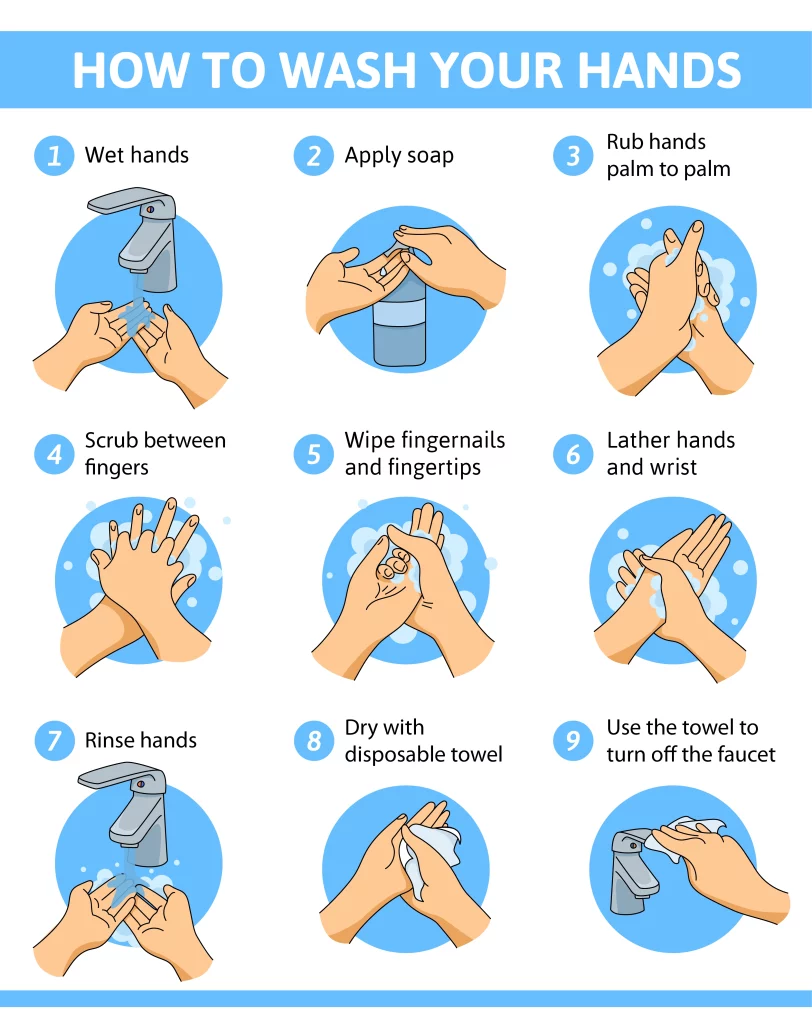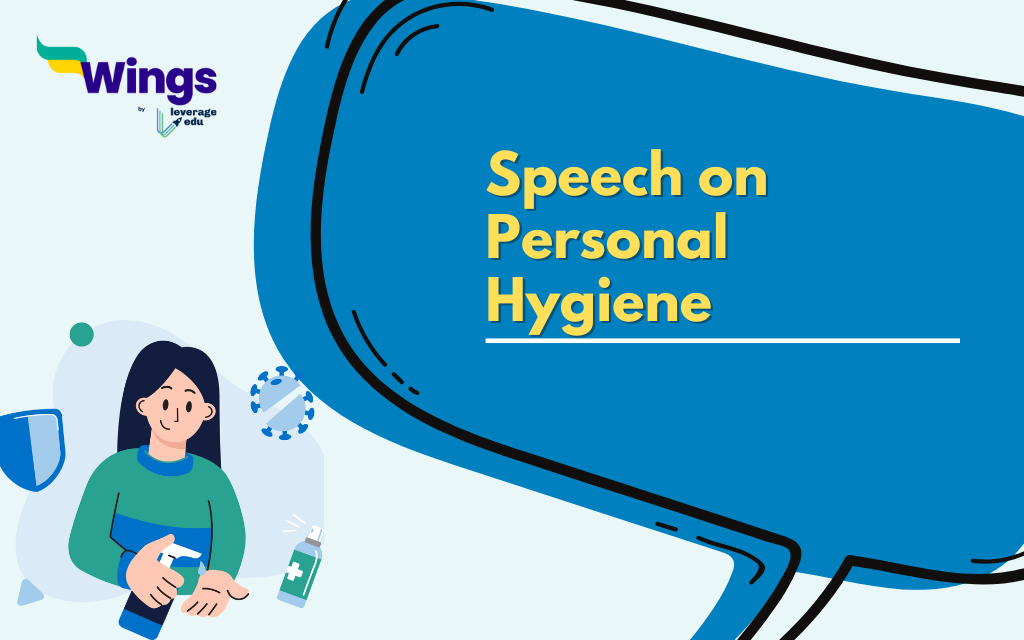How often do you wash your hands or take a shower each day? Your answer reflects your level of concern for personal hygiene. Personal hygiene involves keeping your body free of germs. This includes washing your hands, taking showers, covering your mouth or nose while sneezing, and more. In this discussion, we will cover a speech on personal hygiene, exploring all its important aspects.
2 Minute Speech on Personal Hygiene
| ‘Good morning, respected teachers and dear friends. Today, I want to talk about a topic that impacts every one of us: personal hygiene. Personal hygiene isn’t just about looking good; it’s about feeling good, staying healthy, and presenting our best selves to the world. Firstly, let’s discuss the importance of regular handwashing. Our hands touch countless surfaces throughout the day, picking up bacteria and viruses. By washing our hands frequently with soap and water for at least 20 seconds, we can reduce the spread of illnesses like the common cold, flu, and even more serious diseases. Next, let’s address the significance of oral hygiene. Brushing our teeth twice a day, flossing regularly, and visiting the dentist for check-ups keep our smiles bright and prevent gum disease, cavities, and bad breath. A healthy mouth is key to overall well-being. Moving on to body hygiene, regular showers or baths helps to remove sweat, dirt, and bacteria from our skin, preventing body odour and skin infections. Additionally, wearing clean clothes and changing them daily contributes to our overall cleanliness and freshness. Furthermore, it’s essential to maintain proper hygiene practices in sensitive areas such as the nails and hair. Trimming nails regularly and keeping them clean prevents the accumulation of dirt and bacteria while washing and grooming our hair regularly helps to prevent dandruff and scalp infections. Lastly, let’s not forget about the importance of good hygiene habits when it comes to food preparation and consumption. Washing fruits and vegetables thoroughly before eating them, cooking meat thoroughly, and storing food properly all help to prevent foodborne illnesses and keep us healthy. Thank you! |

Why is Personal Hygiene?
1. Regular Handwashing: Wash your hands frequently with soap and water for at least 20 seconds, especially before eating, after using the restroom, and after coughing or sneezing.
2. Shower or Bath Daily: Cleanse your body with soap and water daily to remove sweat, dirt, and bacteria.
3. Oral Hygiene: Brush your teeth at least twice a day, floss daily, and use mouthwash to maintain good oral health.
4. Trim Nails: Keep your nails short and clean to prevent the buildup of dirt and bacteria.
5. Wear Clean Clothes: Change your clothes daily and wear clean undergarments to maintain hygiene and prevent body odour.
6. Hair Care: Wash your hair regularly with shampoo and conditioner to keep it clean and healthy.
7. Proper Toilet Habits: Always wipe from front to back after using the restroom to prevent the spread of bacteria.
8. Properly Dispose of Waste: Dispose of used tissues, sanitary products, and other waste properly to maintain cleanliness and prevent the spread of germs.
9. Healthy Diet: Eat a balanced diet rich in fruits, vegetables, and whole grains to support overall health and hygiene.
10. Stay Hydrated: Drink plenty of water throughout the day to stay hydrated and support bodily functions, including maintaining healthy skin.
FAQs
A.1 Hygiene refers to the habit of keeping our bodies germ-free. Hygiene is crucial to stay fit and live a healthy life. Good hygiene practices lead to better health outcomes and improves our overall quality of life. This includes better physical health, fewer days lost to illness, and enhanced mental well-being due to reduced stress about health issues.
A.2 Hygiene refers to behaviours that can improve cleanliness and lead to good health.
A.3 Hygiene practices, such as sanitation and personal cleanliness, play a crucial role in preventing the spread of diseases. The scope extends to global health initiatives, epidemiology, healthcare system improvement, and health equity.
Popular English Speech Topics
For more information on such interesting speech topics for your school, visit our speech writing page and follow Leverage Edu.


 One app for all your study abroad needs
One app for all your study abroad needs












 60,000+ students trusted us with their dreams. Take the first step today!
60,000+ students trusted us with their dreams. Take the first step today!
2 comments
this good
Thank you